After my blog last week about paid reviews in which I looked at Clarion Reviews and San Francisco Book Review, I’d intended to go on to other venues in which you might be able to get your book reviewed. It’s worth looking at the blog from last week, however, because the CEO from San Francisco Book Review weighed in on my post. Take a couple moments to read her comments and my response–and pay attention to what I focused on, i.e., that a consumer wants and needs certain information in order to make a decision about whether to go with a particular service or not.
Her comments got me to thinking, too. No, not about my job as an investigative journalist: I don’t even pretend to that. But what I am and continue to be, first and foremost, is a customer, and in that case, a potential consumer for the services the SFBR would like to offer.
Readers are consumers/customers, too. So it stands to reason that when a reader comes to your blog, she’s looking for information. She’s coming there as a consumer/customer. The question is, what kind of information is that reader looking for?
I’ll be honest: I think that books direct readers to blogs, not that blogs direct readers to your books (unless there’s a specific post about you as part of a blog tour). Blogs can help readers find your other books, but the reason that any reader bothers to Google your name is because she’s read your book and is interested in knowing more about you.
Not convinced? Want to test this out? Easy. Look at the number of entries I’ve had for the MONSTERS audiobook giveaway, one that has relied solely upon Facebook, Twitter, and traffic to my blog; and then go look at the Goodreads giveaway for WHITE SPACE. There’s no comparison. I’ve had a very small number of entries for the MONSTERS Rafflecopter giveaway. Yet, for WHITE SPACE on Goodreads . . . there are over 2400 entries–and that’s because people have a reason to be on Goodreads. Goodreads is a community. By contrast, there is no community organized about Ilsa J. Bick.
So it’s clear that my blog–just me and my vanilla random thoughts–doesn’t generate much traffic. Yes, I have fans, and yeah, I get a fair number of comments and fan mail. But it’s not me that makes people come to the blog. What makes them come there, if they come at all, is that I’ve written a book they like.
So when they come to the blog, what should they find? What is it that you want your blog to reflect about you and your work? Is there some hook you can use to keep a random consumer–someone who’s read one of your books and decided to look you up–coming back?
Remember, I said that the Internet is nothing but a vast marketing tool. Blogs and every aspect of social media is/are marketing tools. In her blog last week, Kris Rusch mentioned a few things the standard blog ought to provide a consumer in terms of basic information about you and your work, past and current. Take a few minutes to read her blog; it’s well worth your time, although I’m not sure that I agree that your blog needs to be genre specific. For me and most people I know, a blog needs to be clean and easy to navigate. I used to have a different theme for my blog, one that I thought was very spooky and kind of cool. But I also found that that particular theme got to be too cluttered, busy and difficult to read. At the time, I’d been influenced by other folks’ blogs–no, I won’t tell you who–that had all kinds of bells and whistles. I mean, navigating their blogs was like playing a video game. Roll over this, something would happen; click this, something else would blow up. All very nifty. But also very pricey–and not easily transferrable to things like iPads and iPhones, which don’t use Flash (and something I discovered to my chagrin after shelling out a fair amount of cash for an animated sequence for ASHES that relied on Flash. All that money for nothing.).
So, recently, I switched, going for a blog format that I think is clean and easy on the eyes. Is it as spooky and creepazoid as I would like? No, but it’s easy to navigate; you can find out all you want to find out about me (or, as much as I’ll let you find out) and you can also read about my upcoming releases and where to find them. That’s really all the information that a blog needs to provide the average consumer.
But once you’ve enticed a consumer to your blog–to that bit of advertising about you–do you want to keep them coming back? If so, what can or do you offer? Some writers give out free fiction; others just post their opinions about this, that, or the other; some folks talk about what recipe they’re trying out that week.
Or . . . are you targeting different consumers? That is, if someone loved your book, will they keep coming back to your blog if you talk about writing? Or cats? Or what cake you baked that week? Do you capture a different audience on Mondays–when you post a picture of your latest cake, for example (actually, Sundays are when I usually post mine–and on Facebook and Twitter because I don’t think people stroll by my blog then, but I know they’re on the other platforms)–and yet another on a different day when you offer advice on writing? Or share your latest needlepoint pattern? Or your Charger’s new paint job?
There are some fans who read a book and then want to know all about you, and so they’re the ones who will happily read a post about yak tea on Monday and your car’s new paint job on Wednesday. There are others–and I would say that they form the majority–who only come to find you because something you wrote touched them in some way. They happen by your site and drop a line . . . but they don’t keep coming back.
Except . . . don’t we want them to keep coming back?
So that then begs the question, the very same one I had for SFBR‘s CEO: if I want to use a certain service, I need to understand the target audience.
It’s the same for us as writers. Who’s your blog for? Who’s your target audience? Who do you want to engage–and are those people you engage on, say, Monday, the same folks you engage on Thursday? My guess is that you can’t please everyone, and people cherry-pick. As I’ve said before, I happen by a particular blog every week on the day that I know there will be information I think might be useful. But that’s all. But if I were to offer, say, a free story on a certain day and do it reliably . . . would that increase my traffic? Chances are good that, eventually, it would–and if a reader’s read enough free fiction, he or she just might want to pony up to buy an actual novel.
I’m not suggesting that all we writers need to or can do that, but I think that a writer who provides an array of content–say, a story one day a week, advice another, a recipe a third–is one who understands a diversified market.
Anyway, I’d be interested in hearing from other writers out there, and bloggers, too: do you even think of a target audience? If you do, do you think in terms of different audiences and different platforms for those audiences?




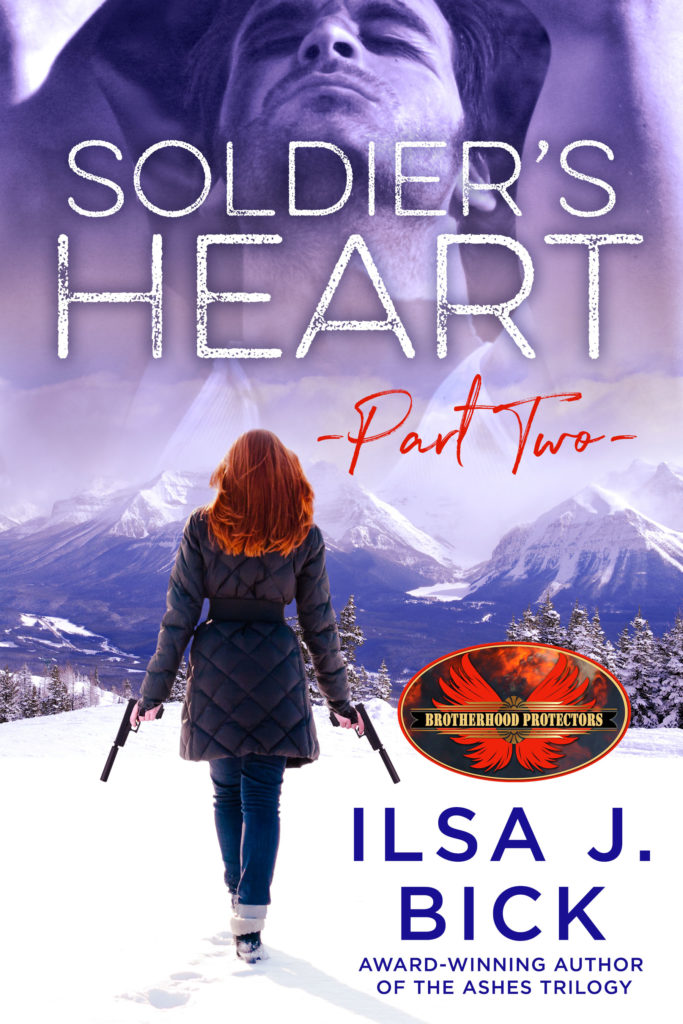


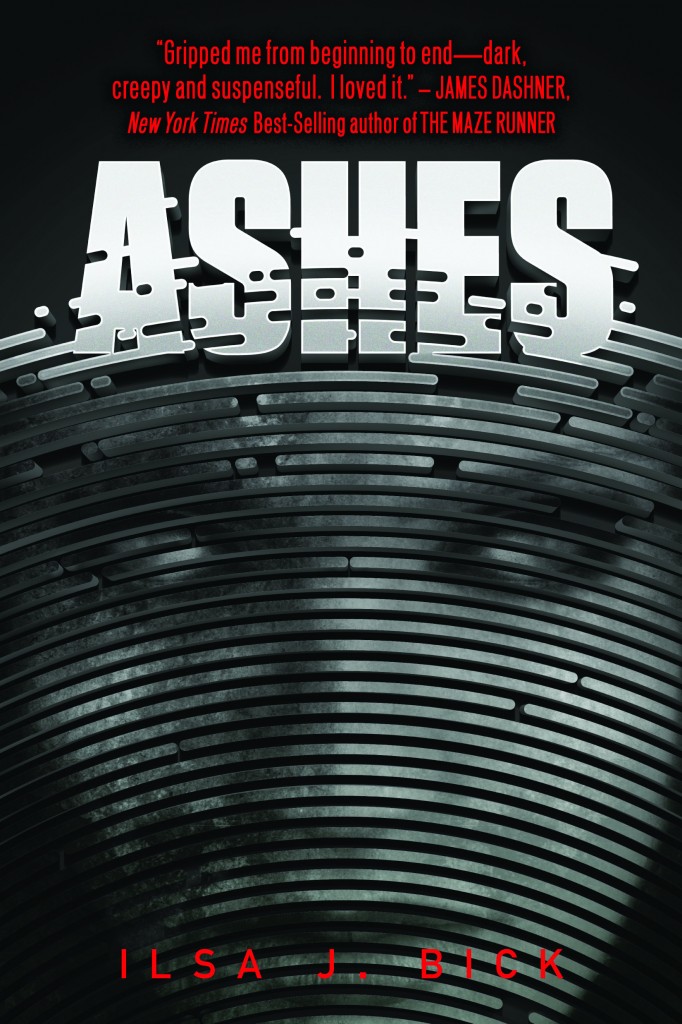
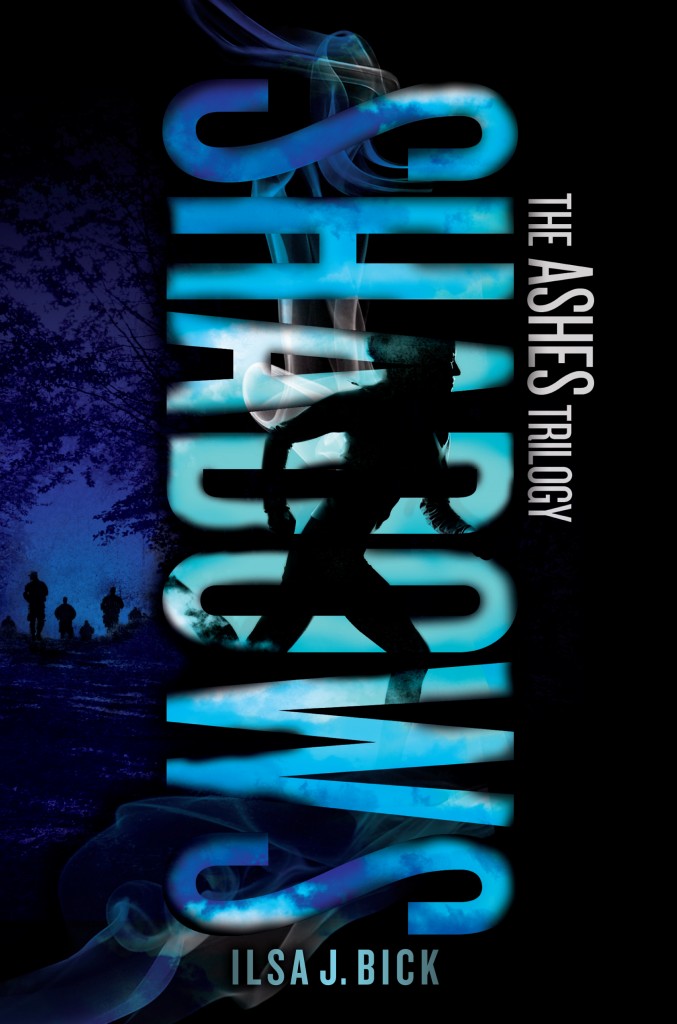
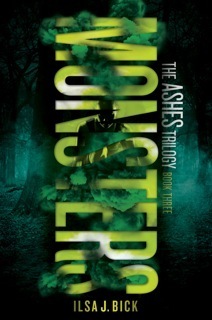

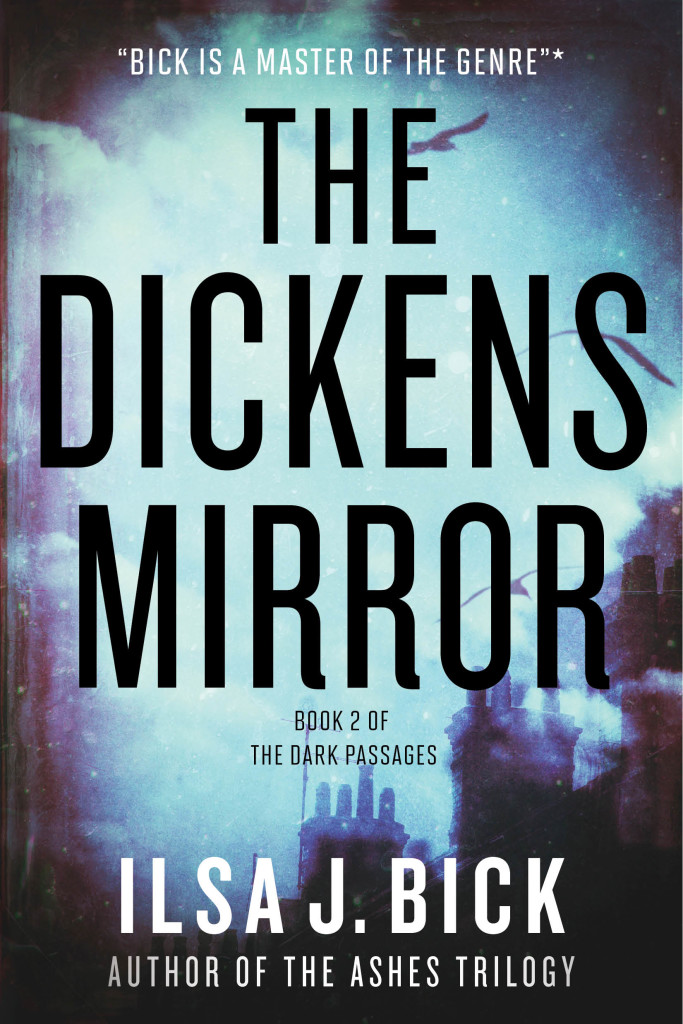
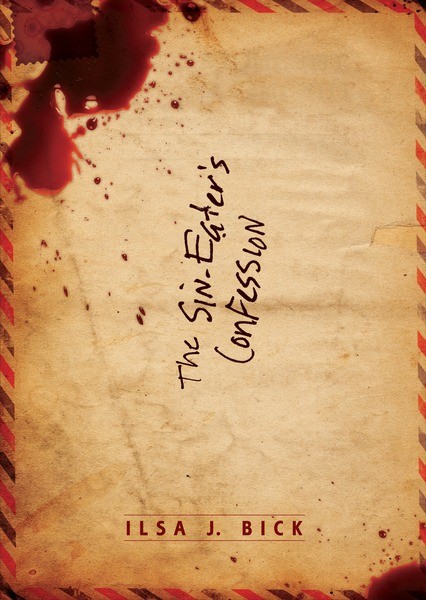
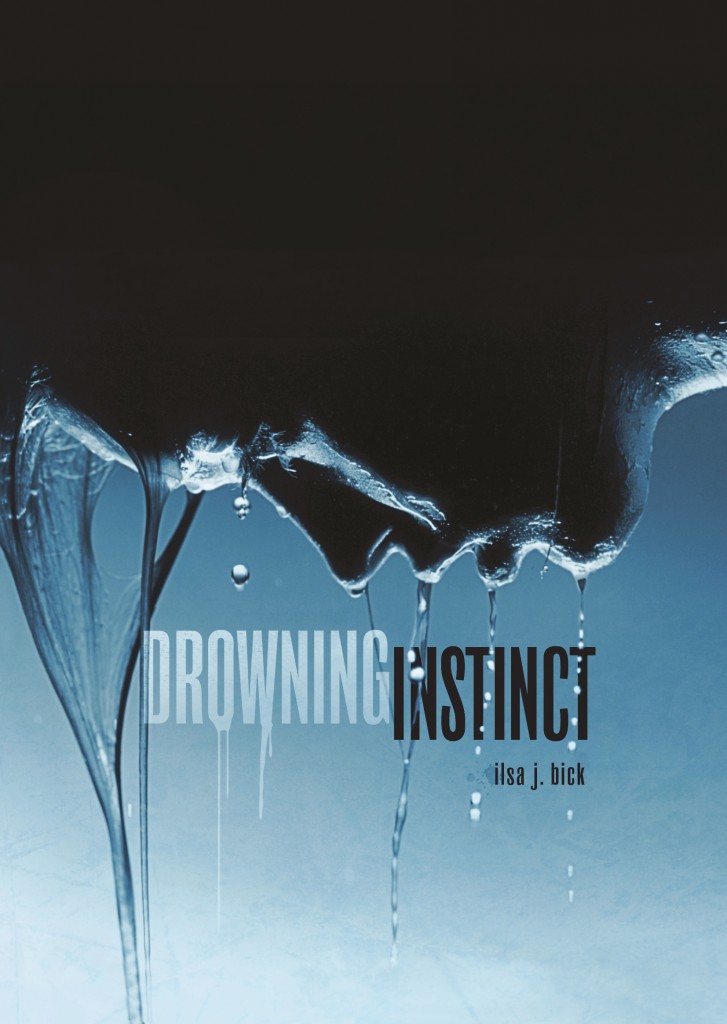
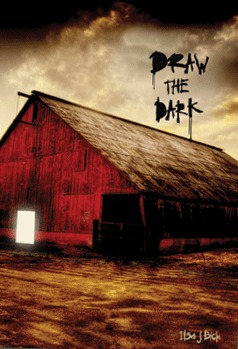



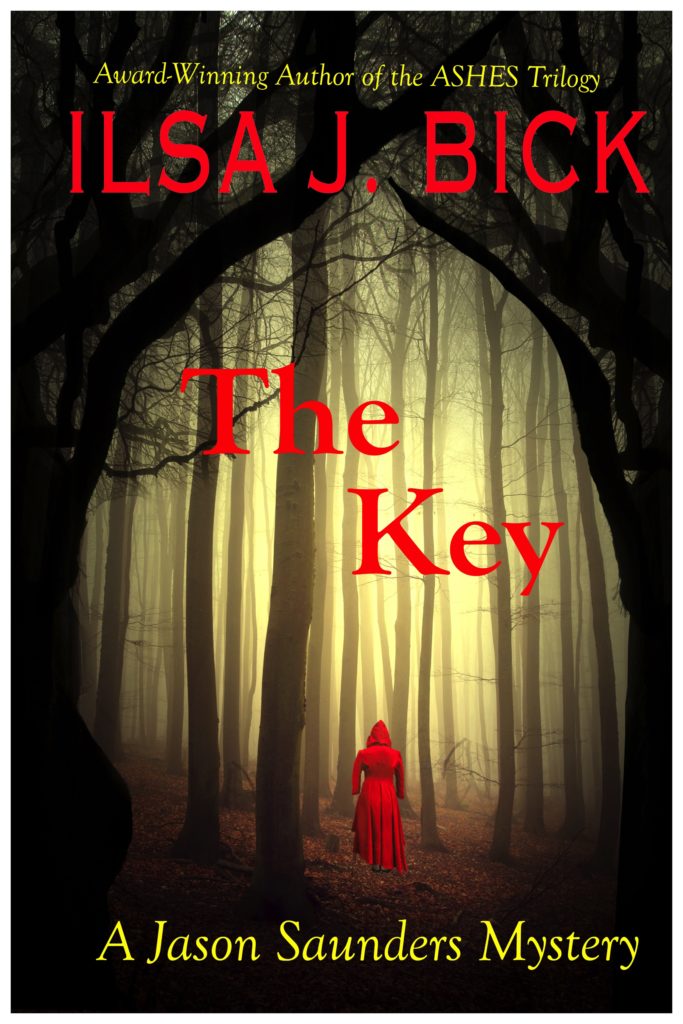
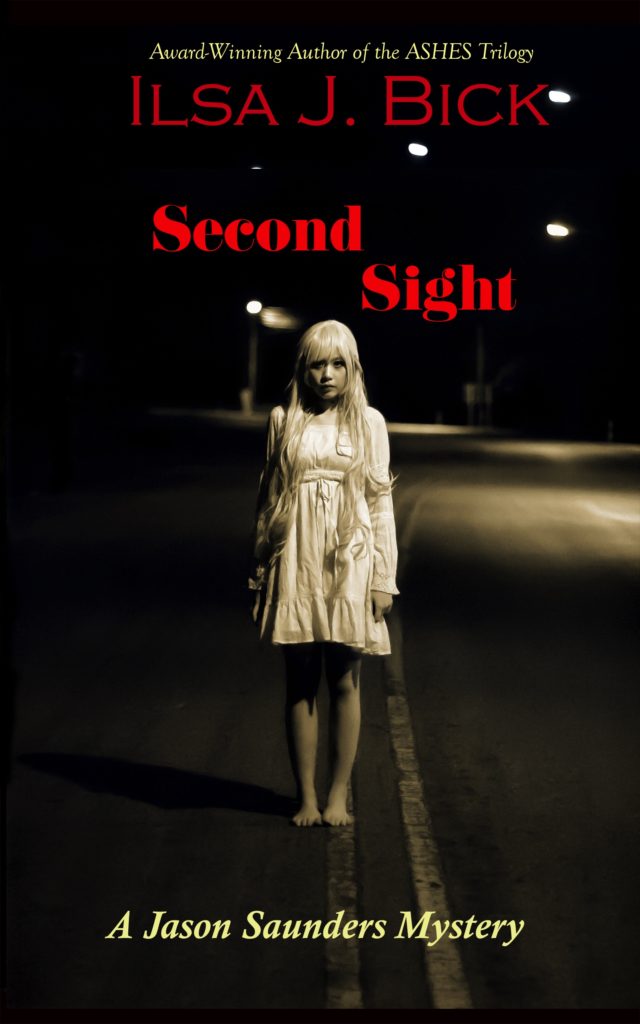
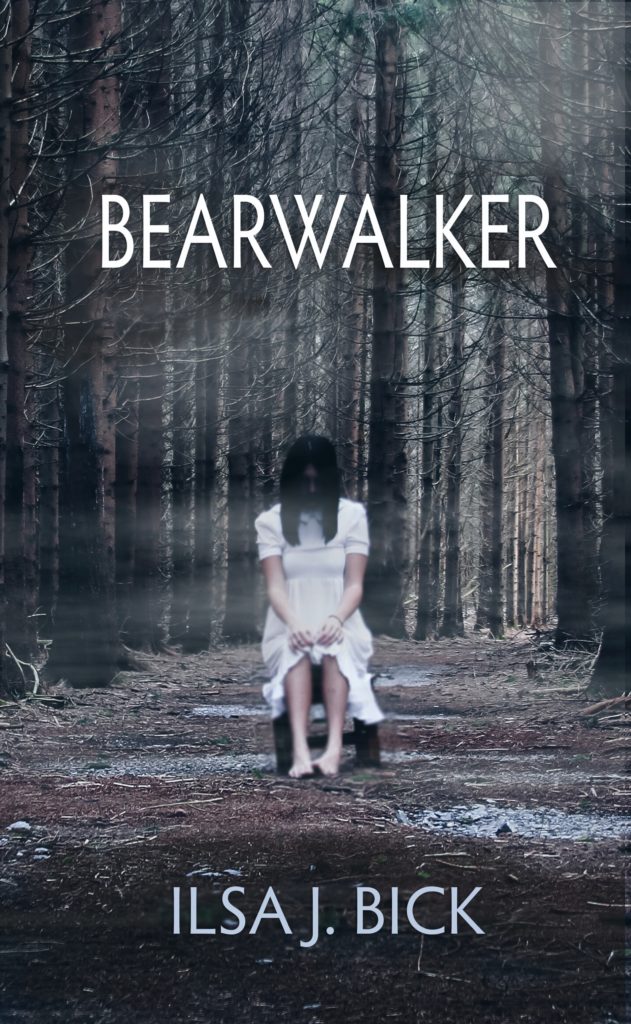
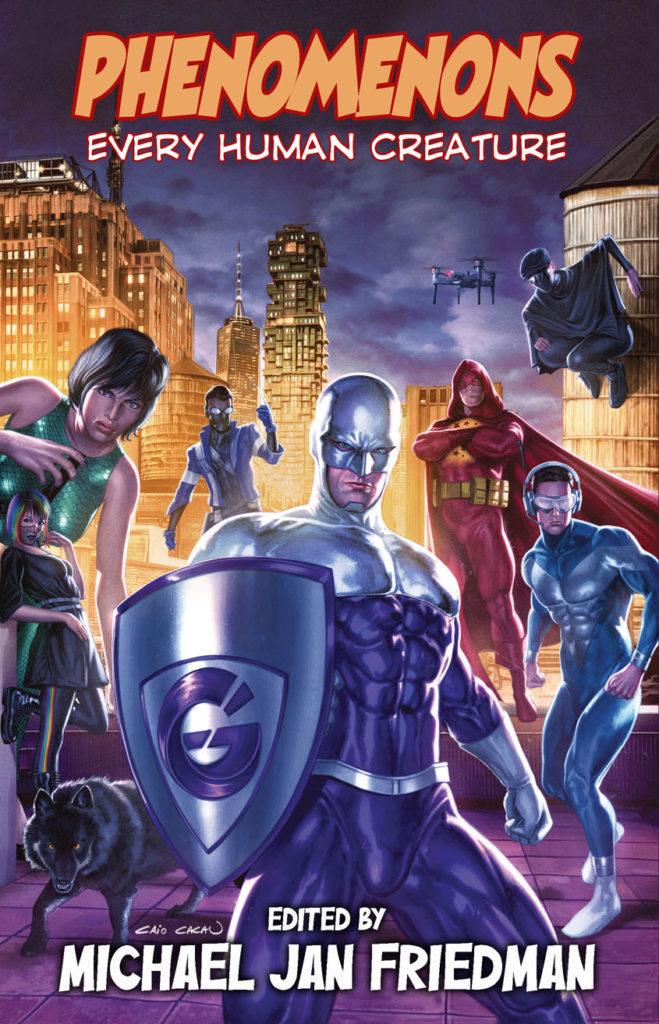
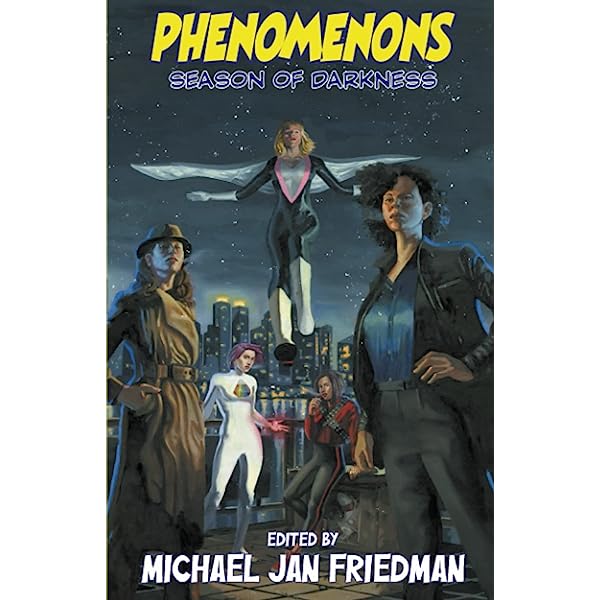

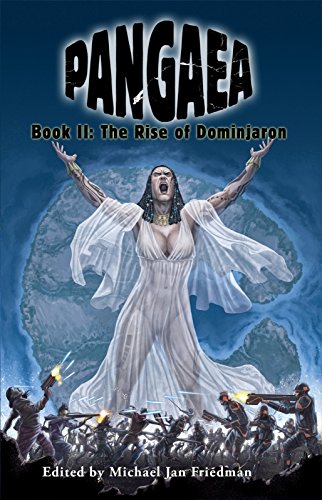
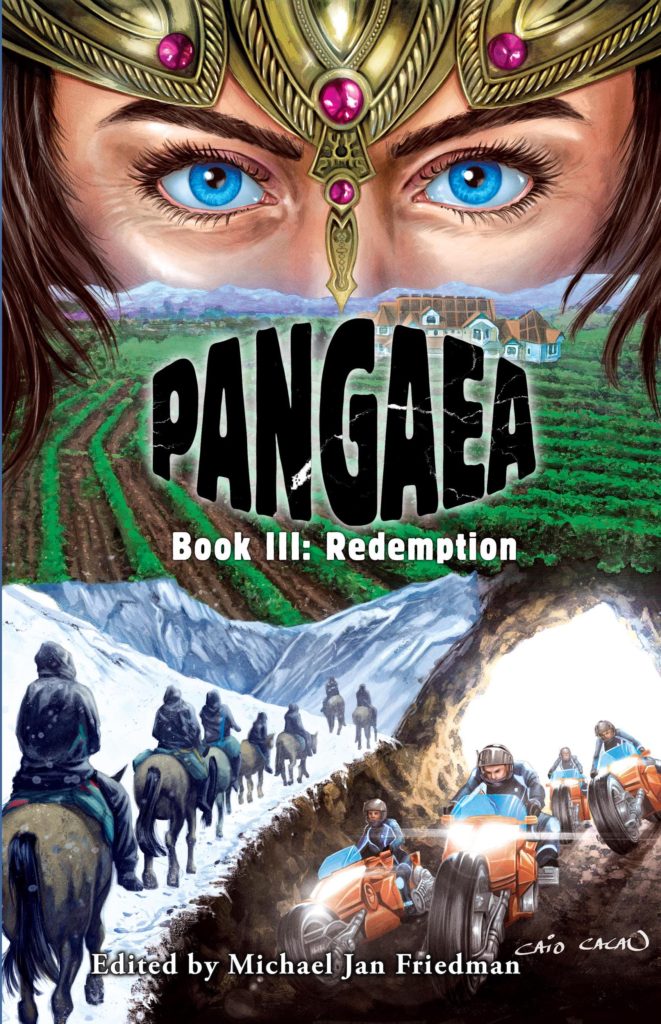


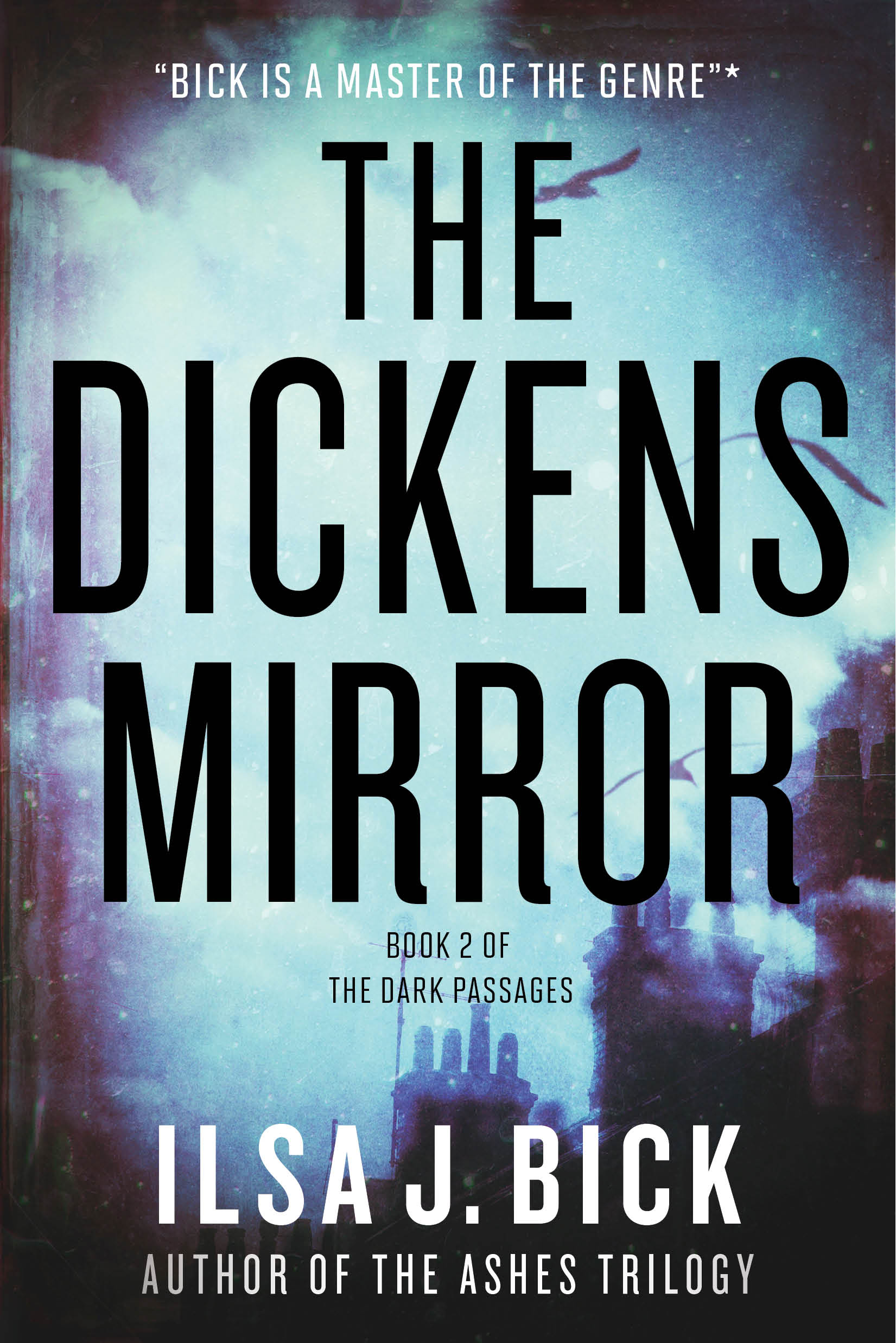
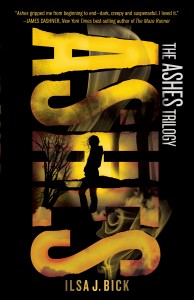
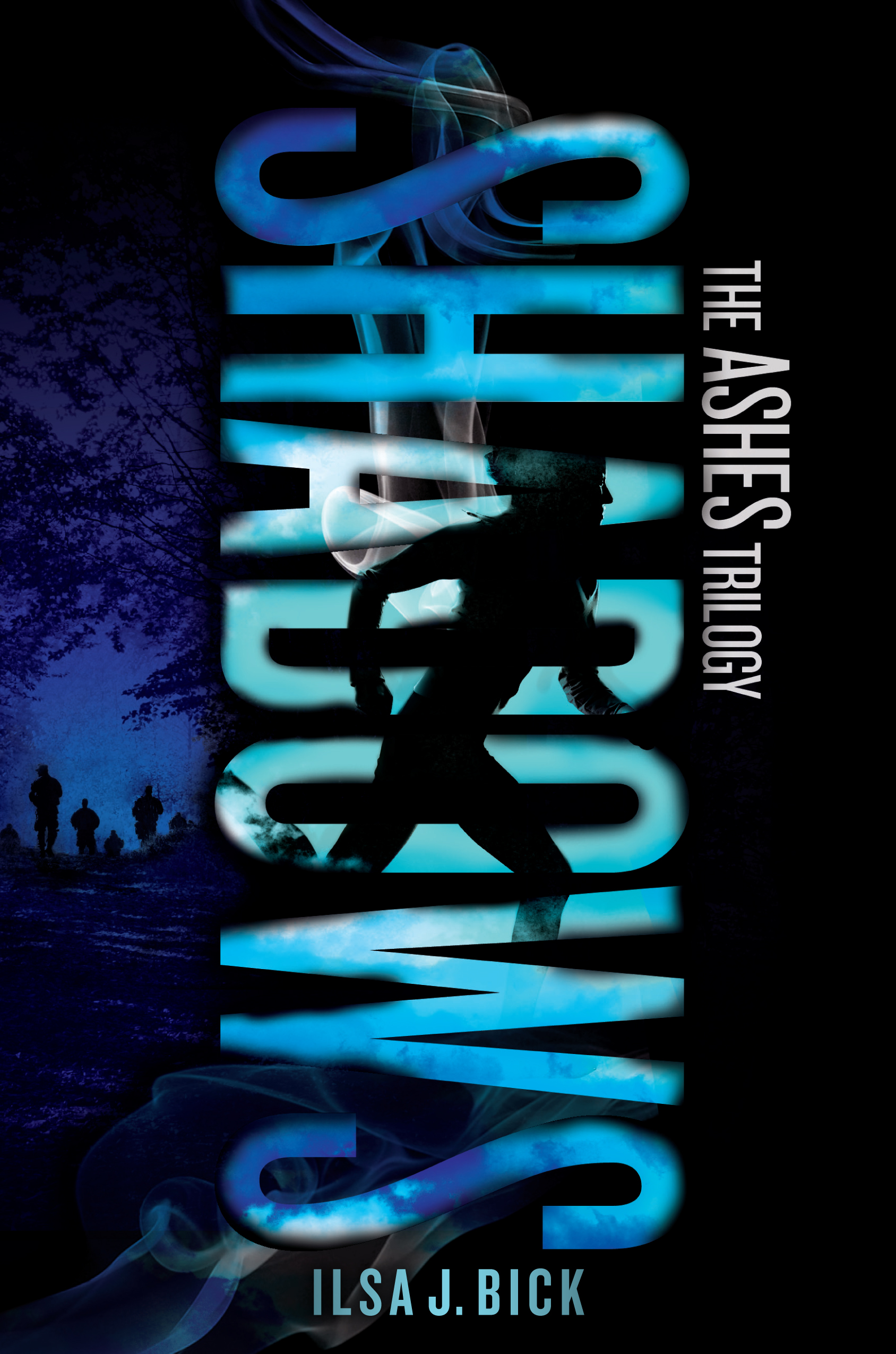
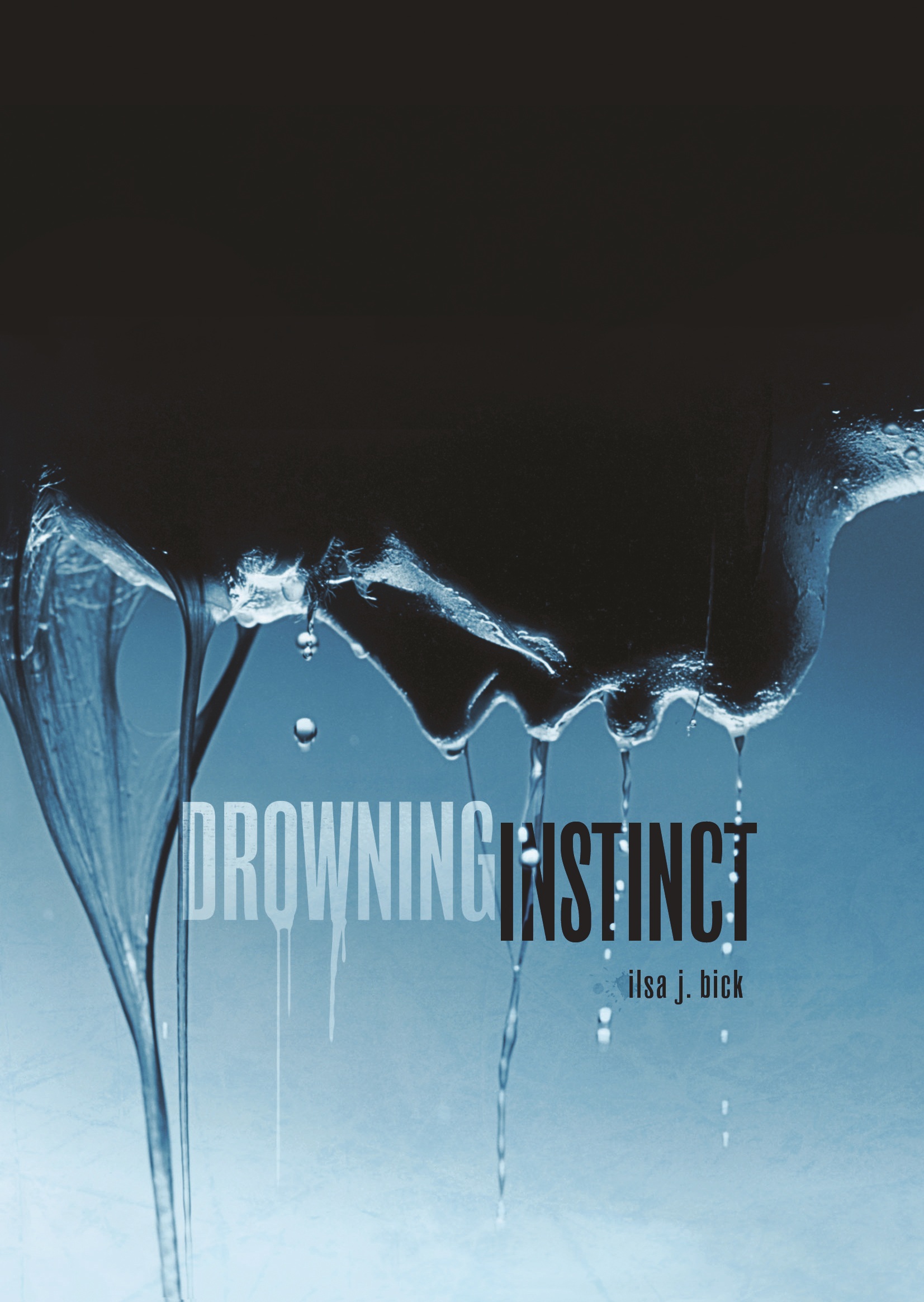
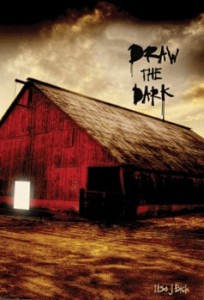
Thank you! I’m trying to learn as much about blogging as I can before launching my own blog. I agree that a writer needs to present a well rounded life experience.
You’re welcome, Stephanie, and yeah, it’s really tough. Bop on over to ADR3NALIN3, if you like; I cross-post there every other week, and you can read some of the comments from other writers who struggle with the same thing. http://adr3nalin3.blogspot.com/2014/02/getting-word-out-your-blog-and-you.html
Audible has your last book in the Ashes trilogy, Monsters, listed by Ilsa Bick without your middle initial. That would not generally be a glaring error, but I happened to have searched on your full name for audiobooks. Monsters did not appear, so I assumed that Audible did not have it yet. I backtracked to Amazon, then back to Audible by book title, and breathed a sigh of relief, there it was! Now my vacation in Carmel is assured a great drive down, with plenty of storytelling left over for long walks at Point Lobos. Bad, bad Audible for missing your “J.” You might want to give them a piece of your mind–or rather your name instead.
Whoa. Thanks for letting me know, Linda. I’ll get in touch with Audible. They’re really very nice people and quite accommodating. Enjoy the book!